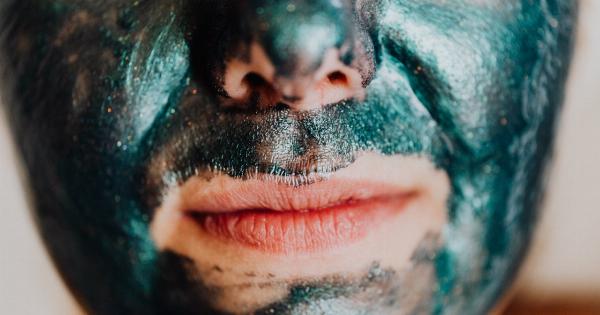A lot has been said about the importance of UV light protection for our skin. We all know that prolonged exposure to UV rays can cause serious damage to the skin, including sunburn, premature aging, and even skin cancer.
However, there’s another type of light that is often overlooked and is just as harmful to our skin: blue light.
What is Blue Light?
Blue light is a type of high-energy visible (HEV) light that is emitted from various sources, including the sun, computer screens, smartphones, and other digital devices.
Although blue light is naturally present in sunlight, most of our exposure to blue light comes from digital screens.
How Does Blue Light Affect the Skin?
While blue light is not as harmful as UV radiation, it can still cause damage to our skin. Research shows that blue light can penetrate deep into the skin and cause oxidative stress, which can lead to premature aging.
Specifically, blue light can cause the breakdown of collagen and elastin, two proteins that are responsible for keeping our skin firm and elastic. This can lead to fine lines, wrinkles, and sagging skin.
Blue Light and Hyperpigmentation
In addition to causing premature aging, blue light can also contribute to hyperpigmentation. Hyperpigmentation occurs when the skin produces too much melanin, the pigment that gives our skin its color.
Exposure to blue light can trigger the production of melanin, leading to dark spots and uneven skin tone.
How to Protect Your Skin from Blue Light
Given the harmful effects of blue light on our skin, it’s important to take steps to protect ourselves. Here are some tips:.
- Limit your screen time: One of the most effective ways to reduce your exposure to blue light is to limit your screen time. Try to take breaks from your computer or smartphone every few hours.
- Use a blue light filter: Many digital devices now come with built-in blue light filters that can reduce your exposure to blue light. You can also purchase blue light filter glasses to wear while using your computer or phone.
- Wear sunscreen: While sunscreen is not specifically formulated to protect against blue light, it can still provide some protection. Look for a broad-spectrum sunscreen that protects against both UVA and UVB radiation.
- Use topical antioxidants: Topical antioxidants, such as vitamin C and vitamin E, can help to neutralize free radicals caused by blue light exposure. Look for skincare products that contain these ingredients.
The Bottom Line
Blue light may be invisible, but its effects on our skin are not. Prolonged exposure to blue light can lead to premature aging, hyperpigmentation, and other skin damage.
By taking steps to protect ourselves from blue light, we can help keep our skin looking healthy and youthful.






























